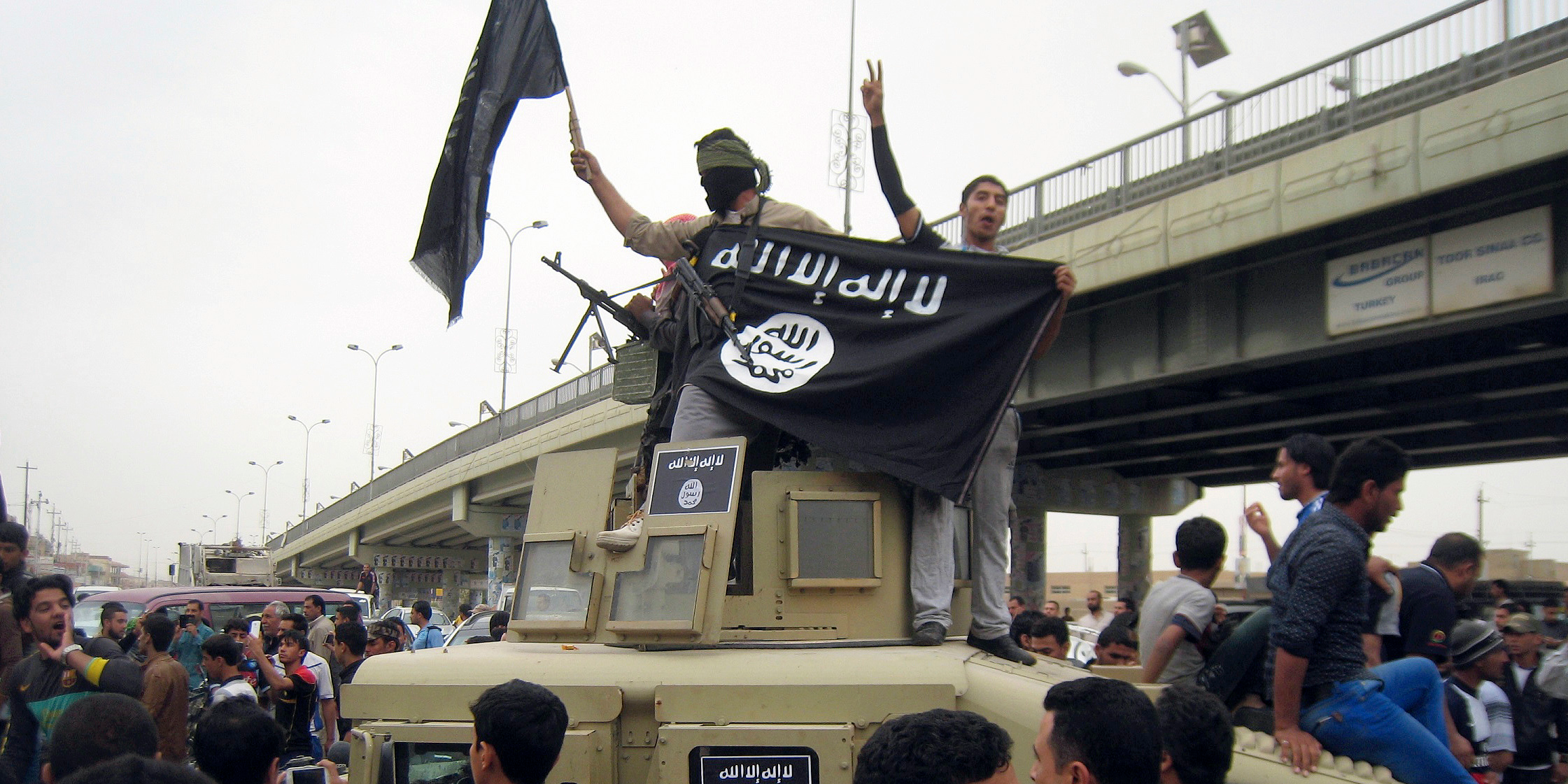- A Pentagon Inspector General report says President Donald Trump’s decision to retreat from northeastern Syria and allow a Turkish incursion there gives ISIS the ability to rebuild and plan attacks on the West.
- Prior to the Turkish incursion in early October, a Pentagon report indicated that ISIS was already beginning to regroup, committing assassinations and extorting civilians.
- The report also indicates that some of the Turkish-backed opposition forces currently fighting in northeastern Syria may have previously helped smuggle ISIS fighters.
- Visit Business Insider’s home page for more stories.
A damning new report from the Department of Defense’s Inspector General finds that President Donald Trump’s chaotic Syria withdrawal opened the door for ISIS to regroup in Syria.
A previous quarterly report from the Inspector General also blamed the partial withdrawal of US troops from Syria earlier this year for ISIS’s transformation from “a territory-holding force” to an insurgent group, with continued attacks and new moneymaking ventures in both Syria and Iraq.
In the most recent report, the Inspector General blames Trump’s decision to allow Turkey to invade northeastern Syria for disrupting the fight against ISIS in that region, eroding the partnership between US forces and the Syrian Democratic Forces, the Kurdish-led group on which the US relied to help defeat ISIS in Syria and which is charged with guarding thousands of ISIS prisoners there as well as refugee camps where ISIS support remains high.
The report says the lead Inspector General agencies don’t have unclassified information about how many US troops are still in Syria or how many have been redeployed to protect the oil fields at Deir Ezzor, nor do they know how US forces are continuing to partner with the SDF to combat ISIS in the region.
"The events of October raise questions regarding the [Operation Inherent Resolve] mission to ensure the enduring defeat of ISIS, and who would participate in that mission," the report states.
According to the report, the Defense Intelligence Agency told the Inspector General that because of the security vacuum in northeastern Syria, ISIS could better plan and stage attacks globally, saying ISIS "will likely have the 'time and space' to plan attacks and provide support to its 19 global branches and networks."
The report states that while SDF and US forces will likely continue the fight against ISIS, Syrian regime forces now patrolling the area are unlikely to focus on combatting ISIS; regime forces have not conducted significant counter-ISIS operations in former SDF-held areas. Turkish-backed Syrian forces in the area had not conducted any counter-ISIS operations since the Turkish incursion started and in some cases had previously helped smuggle ISIS fighters.
While the death of ISIS leader Abu Bakr al-Baghdadi was a blow to ISIS, the report says, the group will continue to operate, and Baghdadi's death may not have a significant impact on its operations, although the long-term effect of his death on the group remains to be seen.

